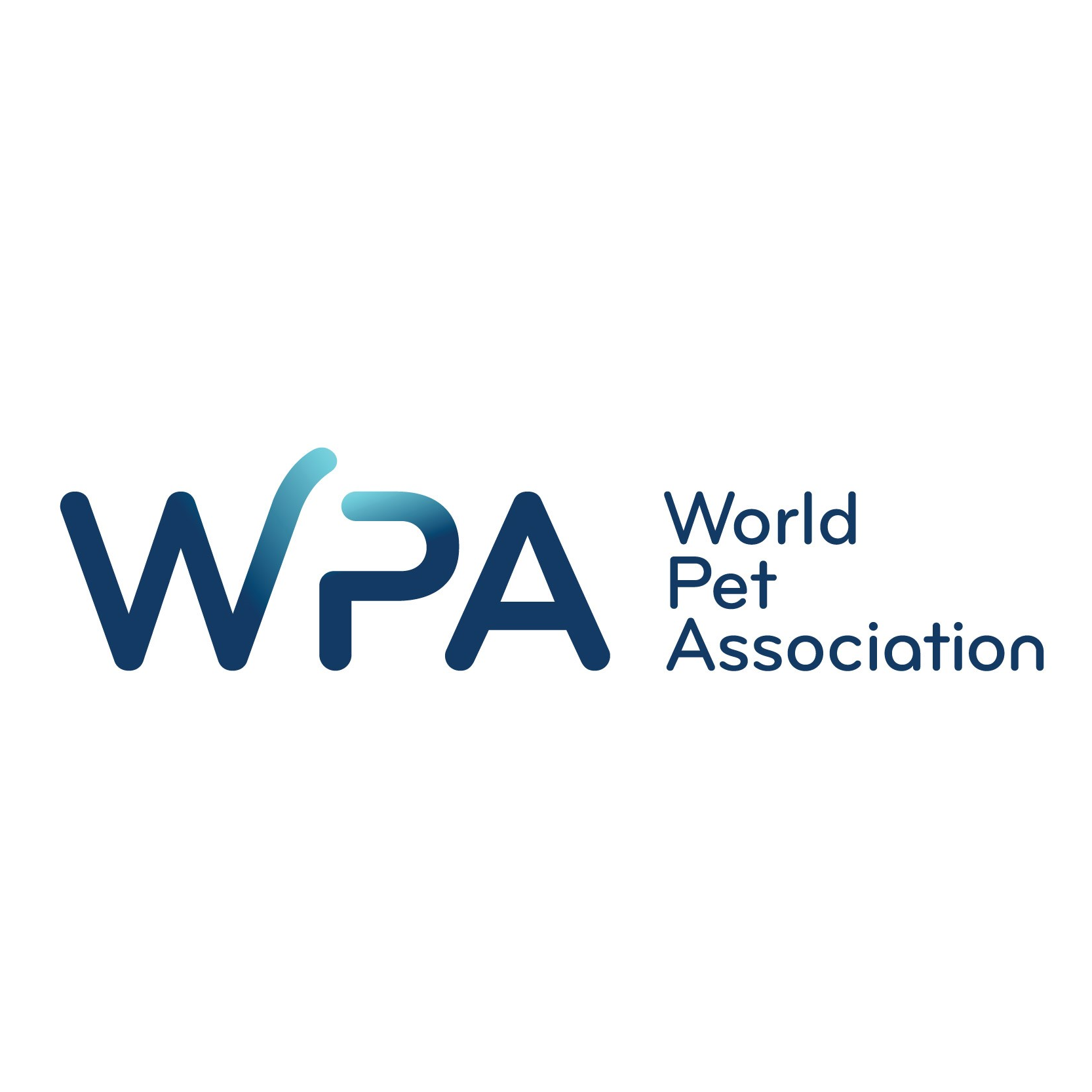Washington, D.C. (January 6, 2021) — Results of a newly-published study funded by HABRI and the Winn Feline Foundation in the Animal Studies Journal, led by researchers at the University of Missouri, demonstrate the effectiveness of the Feline Temperament Profile (FTP) in assessing the behavioral responses of cats in different situations. Results also indicate that the FTP may be shortened with no loss of reliability to serve as a quick and practical tool for animal shelters and rescue organizations to assess a cat’s temperament to find compatible homes and reduce the likelihood of cat relinquishment.
“Cat temperament assessments can help shelters and rescue organizations better place cats into the right homes, and are especially important for families with special needs who may fare better with a more social and calm cat,” said Dr. Gretchen Carlisle, Research Scientist at the University of Missouri and Principal Investigator of the Feline Friends study. “With this study, we conclude that the shorter FTP can be deployed to increase the possibility of successful adoptions by matching cats with adopting families’ expectations and improving shelter staff’s accuracy to easily and objectively assess behavior.”
“We know from scientific research that pets, especially dogs, can be beneficial to families of children with autism in improving family functioning and decreasing stress,” said Steven Feldman, President of HABRI. “Research also shows that quiet and non-verbal interactions with cats may be beneficial for children with autism by promoting social contact. Having a reliable way to assess feline temperament is important to this equation.”
“Up until now there has been a critical lack of evidence-based studies regarding the temperament of cats and the effect on different aspects of the human-cat bond. The results of this study provides important information assisting shelters with finding compatible homes for successful adoption of cats’, added Dr. Vicki Thayer, interim executive director of Winn Feline Foundation.
Research suggests retention of adopted cats is associated with cat behavior[1]. Millions of cats are estimated to be adopted and then relinquished annually, and an adopted cat that does not meet the behavioral expectations of the family is often a reason for such relinquishment. Traditional tests to assess cat behavior may take as long as three days, which has potential to create a backlog in shelters that face staffing or operational limitations. The FTP was developed in 1983 and designed to assess the suitability of cats for placement in nursing homes. It comprises 10 phases, with a list of “acceptable” and “questionable” behaviors under each phase. There are 73 behaviors in the FTP test, and this study required an “acceptable” score of 20 or higher with no disqualifying behaviors such as hissing or biting. The team of researchers from the University of Missouri included data from 70 cats aged 10 months to four years from two animal shelters in Missouri. Study staff were trained to perform the FTP test. Statistical analyses revealed that there was no difference in acceptable scores regarding gender. The study found that the FTP could be shortened with no loss of reliability, and that the shorter version could be a quick and practical tool for shelter staff to assess cats’ temperament and find them compatible homes.
“With some minor training of staff, the FTP can be used to identify social and calm cats that are better suitable for a family with special needs, while a cat that is not attention seeking can be assessed and adopted by other families without these unique challenges. We hope these results will help reduce cat relinquishment and help more cats find forever homes,” added study team member Angélique Lamontagne.
The results of this publication represent findings of a larger study funded by HABRI and the Winn Feline Foundation, Shelter Cat Adoption in Families of Children with Autism: Impact on Children’s Social Skills and Anxiety as Well as Cat Stress, which investigated the effect of a shelter cat on social skills and anxiety in children with autism, and on cat welfare by measuring stress levels in the cats. The researchers found that children of families with an adopted shelter cat had increased empathy, decreased anxiety and became bonded with their cat. They expect further findings to show that cats will adjust to their new homes without significant stress.
About ReCHAI
ReCHAI, founded in 2005, operates as a dynamic collaboration between the University of Missouri Sinclair School of Nursing and College of Veterinary Medicine with a mission of education and conducting programs and studies about the benefits of human-animal interaction.
About HABRI
HABRI is a not-for-profit organization that maintains the world’s largest online library of human-animal bond research and information; funds innovative research projects to scientifically document the health benefits of companion animals; and informs the public about human-animal bond research and the beneficial role of companion animals in society. For more information, please visit http://www.habri.org
About Winn Feline Foundation
Winn Feline Foundation is a nonprofit organization established in 1968 that supports studies to improve cat health. Since 1968, the Winn Feline Foundation has funded more than $7.6 million in health research for cats at more than 30 partner institutions worldwide. For further information, go to www.winnfelinefoundation.org.
Contact
Jamie Baxter
jamie@theimpetusagency.com
775.322.4022
###





